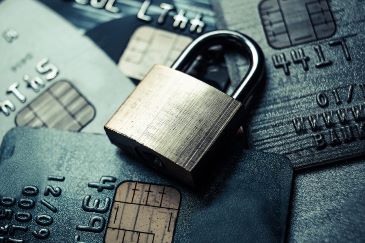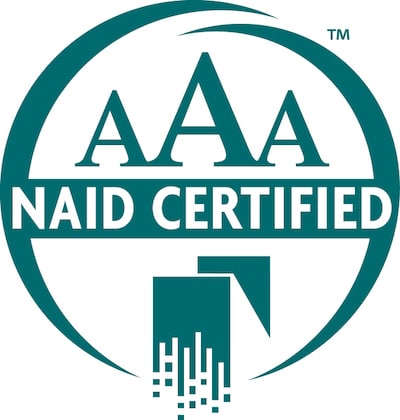Financial Awareness Day: Is Your Information Secure?

The Evolution of Financial Theft
When I was young, my mom worked as a receptionist in an eye doctor’s office. One day, while she was working, someone reached in through a propped-open side door and stole her purse. This type of theft still happens today, but it’s minor compared to the sophisticated methods criminals use in the information age. Financial identity theft has become a profession among criminals. The American Association of Retired Persons (AARP) reported that American adults lost $43 billion to identity fraud in 2023, a 13 percent increase from the previous year.
Financial Identity Theft
The digital world provides a safer and more lucrative environment for criminals to steal your money. They can operate from the comfort of their homes, hiding behind computer screens, and never revealing their identities. Here are some ways identity thieves can rob you:
- Physical Identification Theft: Thieves not only want your cash but also your passport, credit cards, social security card, health benefits card, driver’s license, and other identification cards.
- Mail Theft: Public mailboxes are vulnerable to tampering. Identity thieves can steal your financial statements, pre-approved credit card offers, tax information, and other documents. Discarding junk mail without shredding it can also leave your information exposed.
- Account Takeovers and New-Account Fraud: Criminals use your personal information to take over existing accounts or open new ones in your name. In 2023, victims lost more than $18 billion to this type of crime, often due to their online presence on social media and other platforms.
- Dumpster Diving: Thieves rummage through garbage and recycling bins to find personal information. They can use this information to access your bank accounts or open new accounts in your name.
- Skimming: Thieves attach electronic devices to ATMs or card readers to steal the information stored on a credit or debit card’s magnetic strip.
- Phishing: Scammers send emails, texts, or create fake websites to trick you into providing personal information or access to your accounts. They may also impersonate companies, friends, or relatives over the phone to persuade you to share information or send money.
Preventative Measures
Protecting your financial information requires vigilance and proactive measures. Here are some steps you can take to guard against identity theft:
- Social Media: Avoid posting personal information like birthdays, names, relatives’ identities, email addresses, and home addresses on social media.
- Social Security: Never share your Social Security number unless you’re sure it’s for a legitimate and secure reason. There’s no law preventing businesses from asking for it, but you can question its necessity and offer alternative identification. Avoid carrying your Social Security card unless necessary.
- Passwords: Use different passwords for different accounts to prevent access to multiple accounts if one is compromised. A password manager can help you store and remember them securely. Use strong passwords with a combination of letters, numbers, and symbols, and change them frequently.
- Credit Reports: Monitor your credit reports regularly. You can get free annual reports from major credit bureaus like Experian, Equifax, and TransUnion. Report any suspicious activity or unfamiliar accounts immediately.
- Financial Accounts: Regularly check your financial accounts for any unusual activity. If you notice anything questionable, contact your financial institution and report it.
- Virtual Private Network (VPN): A VPN can help protect your IP address and prevent scammers from tracking and stealing your data. Many VPN services are free.
- Paper Documents: Adopt a shred-all policy to destroy all your paper documents before discarding them. Shredding makes it impossible for dumpster divers to piece together your information. Use professional shredding services for thorough destruction of documents.
- Mail: Keep your mailbox emptied as much as possible. Destroy any mail, including junk mail, before discarding it to prevent thieves from accessing your information.
- Emails, Texts, Websites, and Phone Calls: Be cautious when clicking on links in emails or texts. Don’t respond to messages from unknown sources. Be wary of answering questions from callers you don’t recognize, especially if they initiated the call. Use caller ID to screen calls.
- Skimming: If an ATM or card reader seems suspicious, avoid using it and report it immediately.
Financial Awareness
This Financial Awareness Day, remember that investing and protecting your finances are equally important. Always be cautious with your private information and incorporate both digital and physical protections into your routine. Using a professional shredding company to destroy discarded documents, statements, and junk mail is a small investment for peace of mind.
ShredPro Secure offers NAID AAA Certified shredding services for any job size, from small to large. We can shred your paper documents, hard drives, and electronic storage devices. To increase the protection of your personally identifiable information, call us at 865-986-5444 or complete the form on this page. We’re here to help you safeguard your hard-earned savings.

